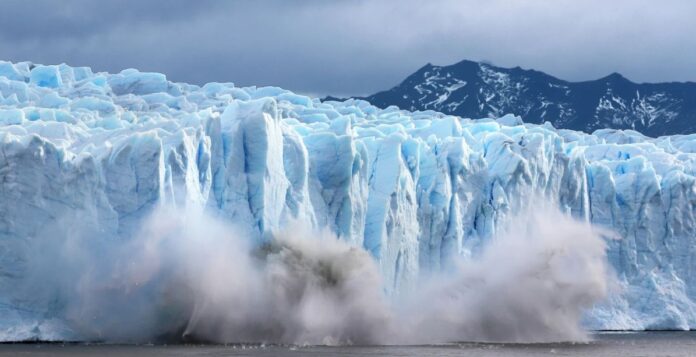Rapid Glacier Melting: Rising Sea Levels Pose a Global Threat
The pace of melting of the world’s glaciers has accelerated significantly in the past decade, which has raised serious concerns among environmentalists.
According to a new study, this rate of ice loss is much higher than previously estimated and is leading to sea level rise.
New report on melting glaciers
A team of international researchers has revealed in a study published in the journal Nature that 36 percent more ice melted from glaciers between 2012 and 2023, which is an alarming increase compared to 2000 to 2011.
According to Michael Zemp, a professor at the University of Zurich and co-author of the study, the results are “shocking”.
He said that many small glaciers are disappearing rapidly and many of them could disappear completely by the end of the current century.
Severe environmental impacts
According to research, the world’s glaciers have lost about 5% of their total volume since the beginning of the century. In Antarctica, this loss has reached 2%, and in the European Alps, 40%, which shows a large difference by region.
Globally, an average of 273 billion tons of ice is melting each year, which is equivalent to the world’s total water consumption over the past 30 years.
More losses are expected in the coming years
According to research by the World Glacier Monitoring Service (WGMS) and the University of Edinburgh, this rate of melting could accelerate in the coming decades.
Professor Martin Segert described the research as “extremely important”, saying that the Antarctic and Greenland ice sheets are showing the effects of climate change and that if this trend continues, sea levels could rise by meters.
Greenhouse gas emissions need to be reduced
Professor Michael Zamp warned that if the world’s glaciers are to be preserved, greenhouse gas emissions must be reduced.
According to him, “Every tenth of a degree of temperature rise that we avoid can save us money, human lives, and future problems.”
Conclusion
The study shows that the world’s glaciers are disappearing at an alarming rate, which could lead to rising sea levels and other environmental problems.
According to experts, if greenhouse gas emissions are not reduced, the planet could face major environmental challenges in the coming decades.



